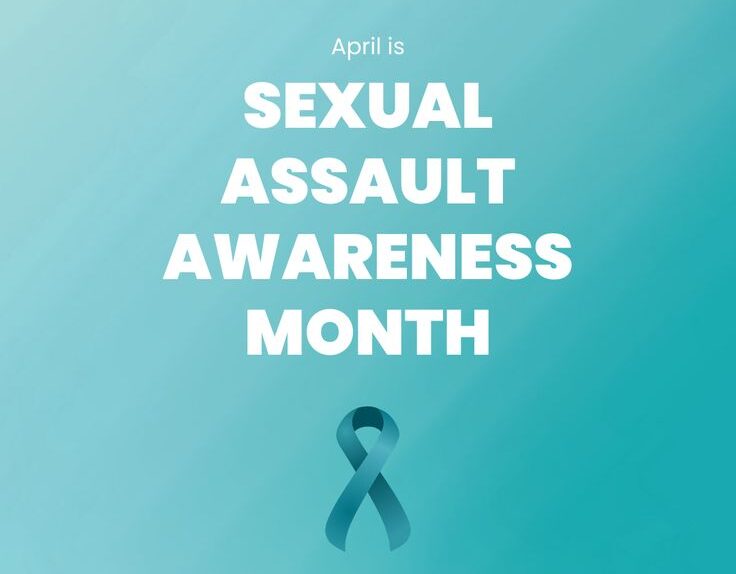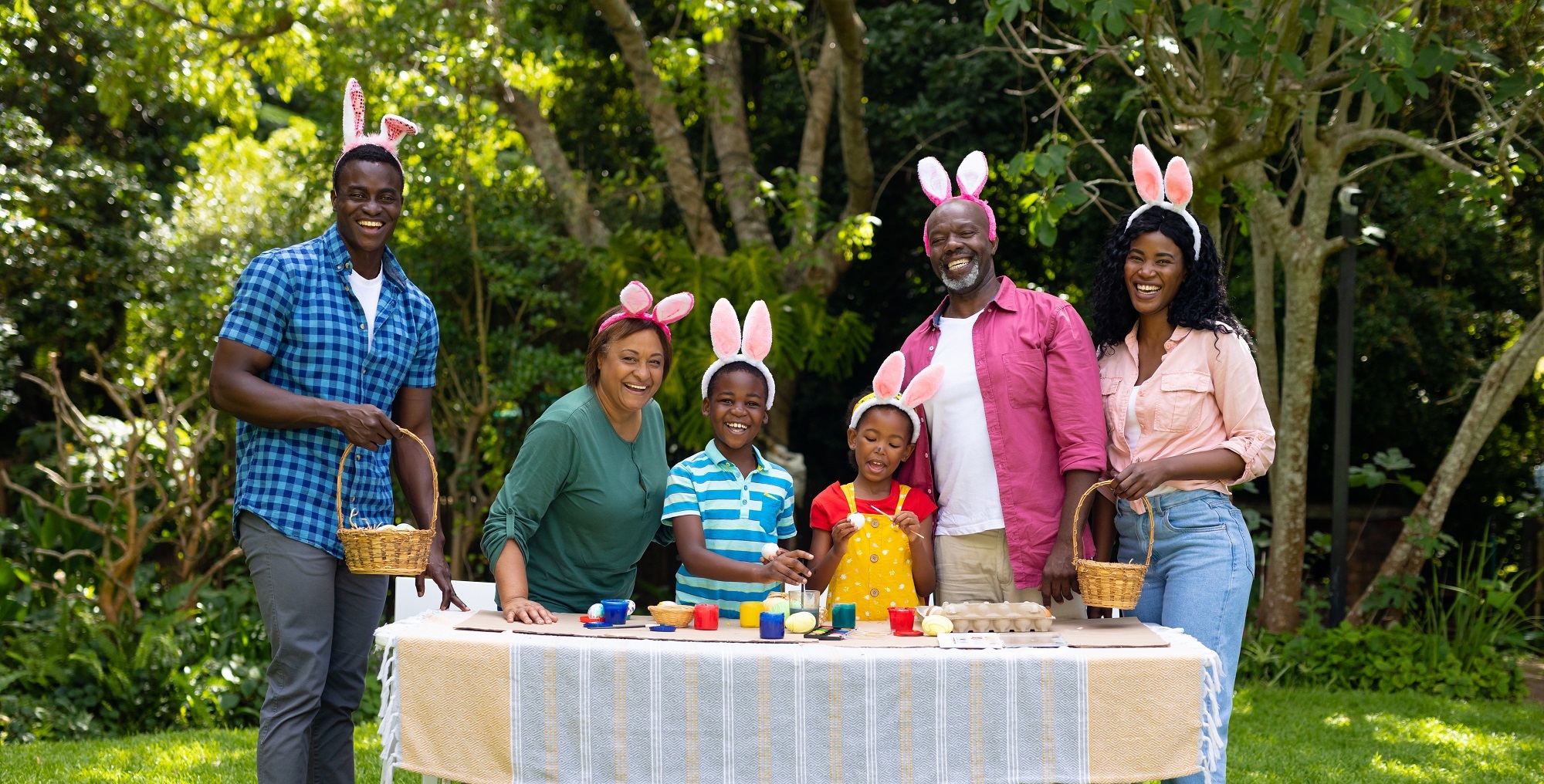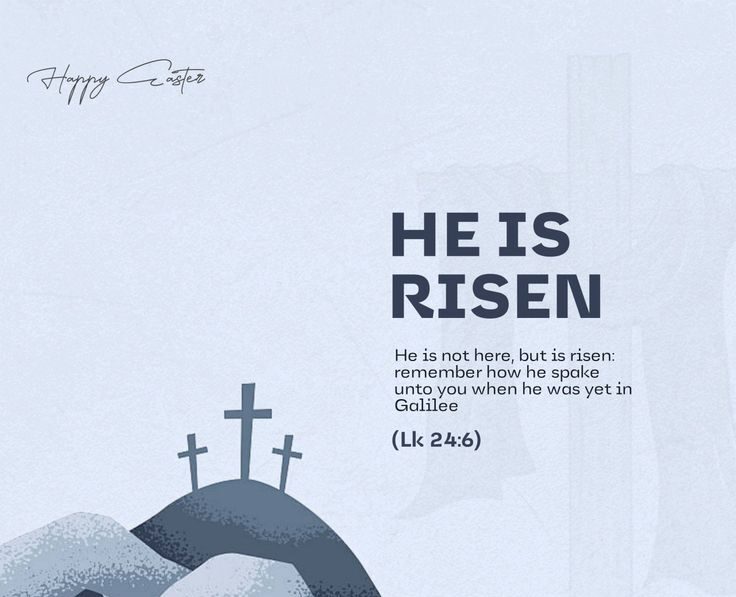Purposeful Living
Doris Mayoli survived breast cancer after a painful struggle took her to the brink, and today leads an effort to provide relief to cancer patients through positive thinking and action, writes MWAURA MUIGANA. Two traumatic
Doris Mayoli survived breast cancer after a painful struggle took her to the brink, and today leads an effort to provide relief to cancer patients through positive thinking and action, writes MWAURA MUIGANA.
Two traumatic events jolted Doris Mayoli’s life before September 2, 2005. First, her mother died after a struggle with breast cancer. Second, before the dust had settled, her marriage ended in a divorce. She had been so involved in being a wife that the divorce made her feel she had lost her identity. Furthermore, she lost her home when the marriage crumbled and moved out with her two sons – Derek, now 11, and Noshi, nine, to live with her sister, Tina, and her husband, Mutua.
Doris had barely gone back to the drawing board when she faced a challenge that dwarfed the previous ones. One morning in July 2005 while taking a shower, she felt a lump in her left breast. She did not know much about cancer and therefore assumed it could have been something to do with her hormones or just being a woman.
However, two months later, the lump was still there so she decided to go for a breast X-ray, called a mammogram, at the Nairobi Hospital. Her worst fears were allayed; the lump didn’t appear to be anything to worry about. But when a doctor later analysed the results and further tests were done, it was revealed Doris had breast cancer.
“Coming as it did soon after my marriage broke down, I naturally felt very insecure, rejected, and developed low-self esteem,” says Doris. “My life seemed to sink deeper and deeper into the abyss. Cancer was a real death knell: I felt my life being taken away. All the cancer sufferers I knew, including my own mother, had succumbed to the disease. What would qualify me to life over these people?” Doris recalls the agony she went through.
“I was not only going to contend with the psychological effects but also the physical pain associated with my situation. In frustration, I wondered why God was taking my life away and jeopardising those of my two young sons,” Doris says recalling those painful, early days of the diagnosis.
THE NIGHTMARE THAT CANCER IS
Doris finds it difficult to explain the mixture of emotions she went through as she walked out of the doctor’s clinic, shocked, terrified of imminent death, confused, lonely and overwhelmed. Then followed denial; it must have been a mistake; cancer happens to other people not her. She would then suddenly switch to acceptance; “Why me? What have I done to deserve this? What will happen to my two young sons? What of the many future plans I had in the pipeline?” And finally desperation: “God I’m not ready to die!” At that moment she needed a shoulder to cry on.
“The cancer diagnosis is a scary and hard thing to hear on your own without someone to lean on and lighten it,” Doris says of that experience. Her close friend Charlene had gone with her to the doctor’s and sat calmly but anxiously in the waiting room. She had accompanied Doris on the first appointment and the doctor requested her to return with Doris when she was due to collect the test results. After the news, she held Doris’ hand and walked her home. It was a shoulder Doris leaned on then and through her cancer treatment and beyond.
Doris didn’t know how to break the news to her family and in the confusion did it in a most insensitive manner. She called her two married sisters who are very close to her and asked for a meeting. Then, over a cup of tea she blurted, “I have breast cancer!”
Shock was written all over their faces when the import of the outburst sunk. Finally they talked about her treatment and the care she would need. Her sister, Tina, graciously offered to host her and her two boys in her house during the course of the treatment.
At the time, she was due to travel outside the country for work and asked her doctor whether she needed to put the travel plans on hold for treatment to start. He advised her to go but to be back in four weeks.
“There were days when I felt very anxious, but other times I gathered strength enough to carry me through the day. The foreign travel was a good break that gave me time to process the traumatising news. While away I researched in the Internet and read a lot about breast cancer and survivor stories. All of them indicated that I needed to start treatment immediately. I could not wait for the meeting I had attended abroad to end,” Doris recalls.
“My sister took me to a pathologist from whom I requested for a list of doctors who could possibly handle my case. I listened carefully to each one of them before settling on one. I had more scans, X-rays and other tests to check the seriousness and extent of the cancer and whether it had spread anywhere else. Thankfully, the tests found the cancer was only confined to the lump and a few lymph nodes in my armpits,” explains Doris.
The doctor recommended six chemotherapy sessions, then surgery and radiotherapy in that order.
CHEMOTHERAPY
“Since the lump was quite large the immediate step was to try and shrink it through chemotherapy,” Doris explains. She says chemotherapy was the most difficult process to go through as it causes pain, discomfort, loss of appetite and insomnia. By the forth chemotherapy session, her hair fell off. Every time she combed her hair or held her head, a bunch was left in the comb yet she felt no pain. Hair is a woman’s crowning glory and Doris found baldness a hard reality.
“At some point I felt I was becoming a man! My nails and the palms turned black. I had no appetite and rarely ate hence became very weak and often couldn’t get out of bed. On the positive side, the lump started shrinking. And before the fifth session, I went through surgery, a process called lumpectomy to remove the lump but leave the breast intact. If cancer cells are detected after this operation the whole breast is to be removed,” Doris says wincing, as if in pain as she recalls the treatment.
During lumpectomy, the cancerous lump is taken out with some tissue around it. If everything around it looks healthy it is hoped the cancer has been controlled and the cancerous cells will not grow allowing the disease to spread. The surgeon managed to remove the lump and the three nodes in her armpits in two surgeries.
The chemotherapy reduced her white blood cell count and her immunity dropped and she spent a lot of time in hospital, which became like her second home. Every time she went to the doctor for a check-up she would be sent to the isolation ward, as her immunity was so dangerously low that even a mild cold was considered life threatening.
After the surgery she had to wait for the wounds to heal before resuming chemotherapy. The healing took quite long and it was three weeks after the surgery that she had another chemotherapy but her body wasn’t ready for it. She therefore suffered a relapse and the wounds opened. This necessitated waiting for the wounds to heal completely before chemotherapy was resumed. A patient is supposed to have six chemotherapy sessions on a three-week break between sessions. If one session is missed then you have to re-start the sessions all over. That is what happened to Doris.
After chemotherapy, she embarked on daily sessions of radiotherapy for seven weeks, which left her body very weak and she had to rest most of the time. Tablets taken orally for five years while she grappled with the side effects of weight gain and lethargy followed the radiotherapy. She completed therapy in August 2010 with the hope that cancer had been fully eliminated.
MY LIFE CHANGED…
“Cancer changed everything about my life. I decided to live on purpose after reading the Bible a lot during the indisposition and learnt helpful lessons. I realised God had never promised that we would live for a hundred years. He has given us life today and wants us to enjoy it today, not for what we expect to come in 20 years. I had my sons and my family and a little energy – reasons enough to maximise my life to the full. I decided to always make time to be with my sons, sit and listen to them and be with them. In the course of that, it actually stopped being about how long I would live but about today. This completely changed my outlook to life,” Doris says.
She started enjoying her life and thanked God for every minute of it. She would thank God on waking up in the morning for that day and enjoy sleep at night not knowing whether she would sleep and not wake up the following day. Her wish was that if she passed on she could leave her children with positive memories rather than a mother who was always sick in bed. So whenever she wasn’t sick she was always with her children.
She understood that God loves us for who we are, whether sick or healthy. This realisation was the first step to reaffirming herself and she regained confidence. Doris says it takes a lot of determination and resilience to complete the chemotherapy sessions and live. To her, the lifeline for a breast cancer survivor is to decide that they want to live and focus on that.
OFFERING HOPE AND SUPPORT…
Cancer treatment is very expensive and Doris appreciated that she had many helping hands from friends, family and her employer. Many survivors are not that lucky and she set out to extend a helping hand to some of them. She had been involved in music and church choirs for a long time and sought to use her singing to raise funds for survivors by inviting friends for music concerts in churches to raise money. About a hundred volunteers responded to her first appeal. She hosted concerts in three churches in Nairobi and helped two survivors, one of them a man with breast cancer.
“I was happy and encouraged to help more survivors. I set up Twakutukuza Trust and through it we now support cancer patients. We still do concerts once a year to raise money and help patients. We also sing to encourage people to give and support the cause. I also organise activities such as plays, concerts, puppet shows and other activities for children with cancer in hospitals. We also extend interesting activities to women patients in hospitals to help them feel beautiful inside and outside through beauty treatments so that they can also live for a purpose. It has been therapeutic talking to them about cancer from a position of experience. I visit cancer patients’ families and encourage and give them insight on how to manage their patients,” Doris concludes with a triumphant smile.
It has indeed been a road she has walked gallantly. She has captured her journey with cancer in a book titled Ashes to Beauty.”
Contacts: [email protected]
www.twatrust.org
Tel: +254 772 305 111
+254 737 780 540





